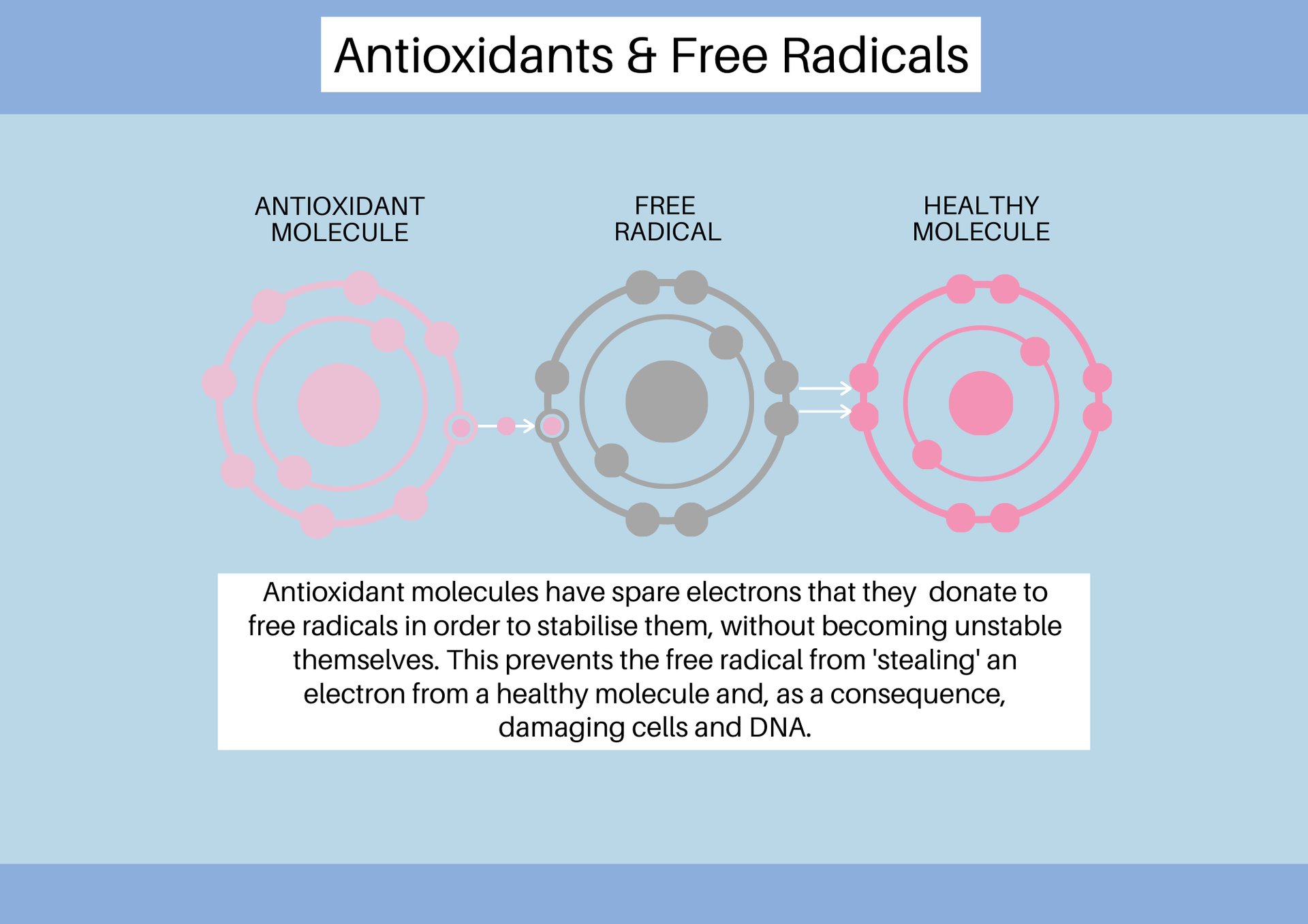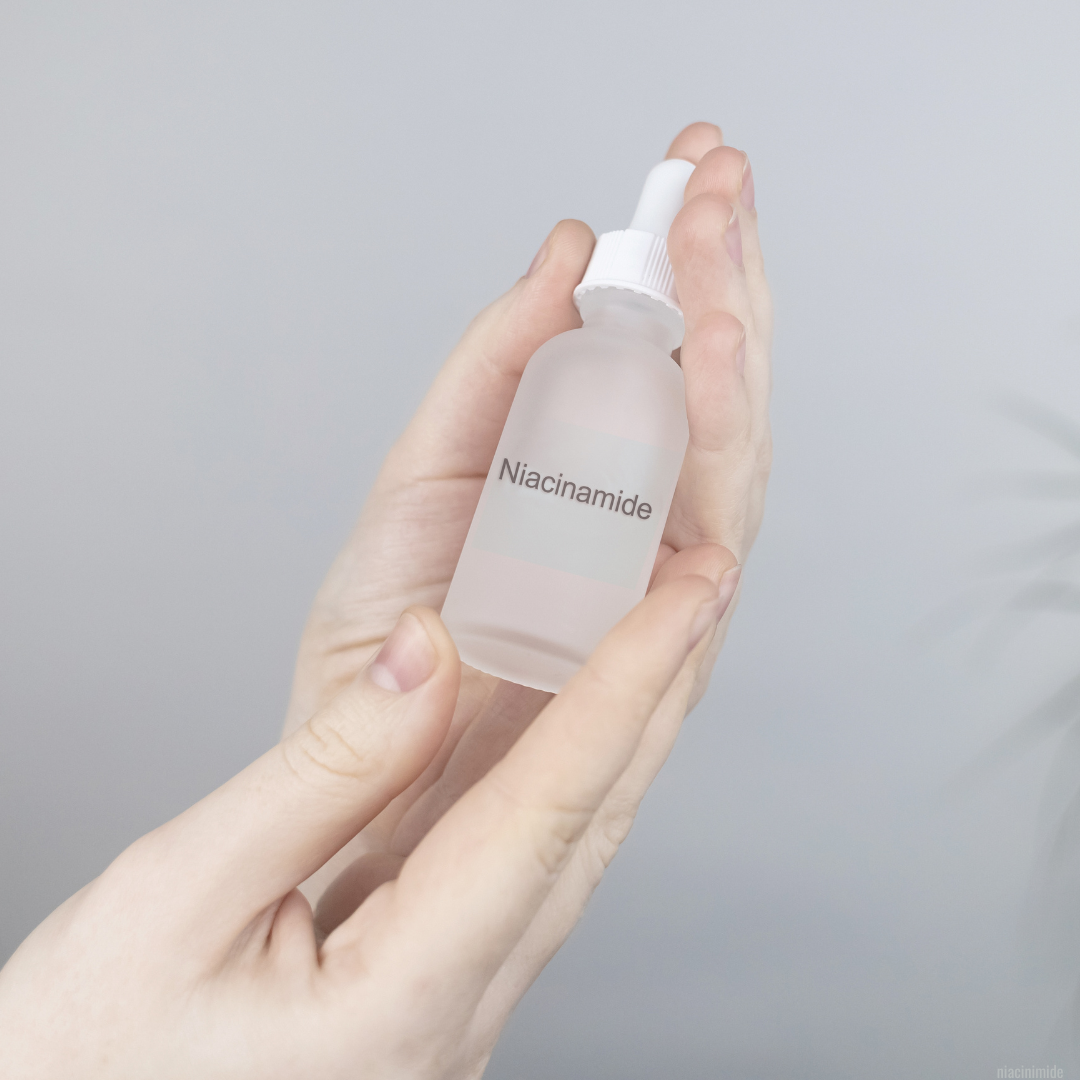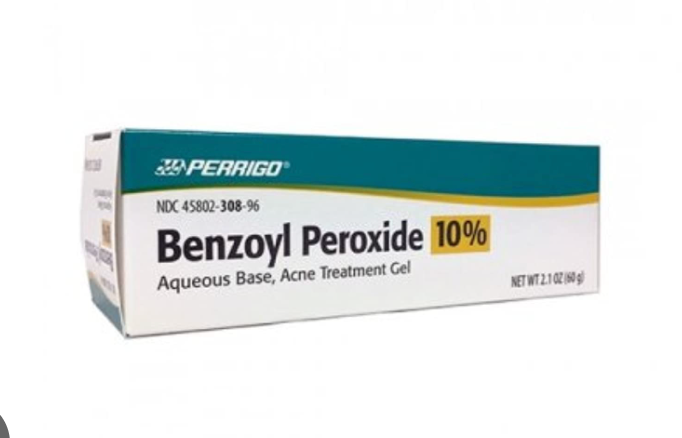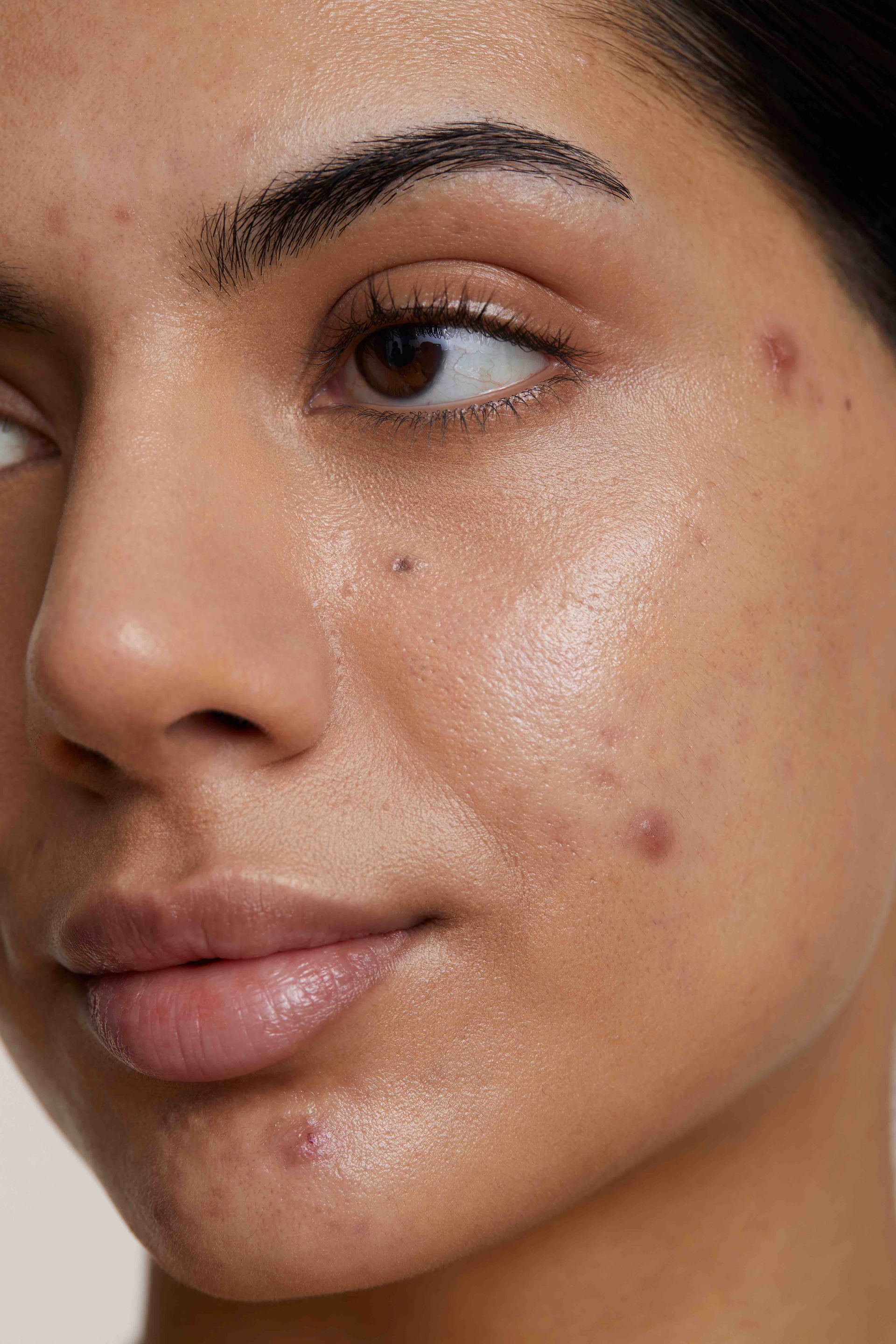The Impact of Free Radicals: Understanding the Hidden Dangers to Our Health
Exploring How Unstable Molecules Contribute to Cellular Damage, Chronic Diseases, and Aging – And How Antioxidants Can Help
We've all heard of them but what are free radicals, how do they harm us and how can we combat them? Free radicals are unstable molecules that can cause significant damage to our bodies through a process known as oxidative stress. Here's a closer look at how free radicals form, how they can harm our bodies, and the potential health implications:
What Are Free Radicals?
- Definition: Free radicals are atoms or molecules that have unpaired electrons, making them highly reactive. They can be generated through various natural processes in the body as well as from external sources.
- Sources:
- Internal Sources: Metabolic processes, immune responses, and inflammation can all produce free radicals.
- External Sources: Environmental factors such as pollution, radiation, cigarette smoke, and certain chemicals can contribute to free radical formation.
How Free Radicals Harm the Body
Cell Damage:
- DNA Damage: Free radicals can attack and damage DNA, potentially leading to mutations and increasing the risk of cancer.
- Lipid Peroxidation: They can react with lipids (fats) in cell membranes, causing cell membrane damage and loss of cell integrity. This process can lead to cell death or malfunction.
- Protein Damage: Free radicals can also modify proteins, affecting their structure and function, which can disrupt cellular processes.
Oxidative Stress:
- When the balance between free radicals and antioxidants (substances that neutralize free radicals) is disrupted, oxidative stress occurs. This can lead to widespread cellular damage and contribute to various diseases.
Chronic Diseases:
- Cardiovascular Diseases: Oxidative stress is linked to the development of atherosclerosis (hardening of the arteries) and heart disease.
- Cancer: DNA damage caused by free radicals can lead to mutations and the initiation of cancerous growths.
- Neurodegenerative Disorders: Conditions like Alzheimer's and Parkinson's disease have been associated with oxidative stress and free radical damage to neurons.
- Diabetes: Oxidative stress can contribute to insulin resistance and complications associated with diabetes.
Aging:
- The accumulation of oxidative damage over time is thought to play a significant role in the aging process, leading to age-related decline in bodily functions and increased susceptibility to diseases.

Antioxidants: The Defense Against Free Radicals
Thankfully, there is a way to combat free radical damage. Antioxidants! Antioxidants are substances that can neutralize free radicals and help protect the body from oxidative stress. They can be found in various foods, particularly fruits and vegetables, nuts, seeds, and whole grains. Hydrogen-rich ionized water also produces an exceptional amount of antioxidants. Here are some common foods high in antioxidants:
- Vitamin C: Found in citrus fruits, strawberries, and peppers.
- Vitamin E: Found in nuts, seeds, and green leafy vegetables.
- Beta-Carotene: Found in carrots, sweet potatoes, and spinach.
- Selenium: Found in Brazil nuts, fish, and eggs.
- Polyphenols: Found in tea, coffee, berries, and red wine.
- Kangen Water: An FDA approved medical device that creates hydrogen rich ionized water
It is imperative we maintain a balanced diet rich in antioxidants, along with a healthy lifestyle, to stave off the damage caused by free radicals.
Curious to learn more about Kangen Water and the Enagic Water Ionizer? For personalized information, feel free to reach out to Heather at 443.688.2311 or email heather@quietwatersesthetics.com. Embrace the power of Kangen Water and enhance your health today!











